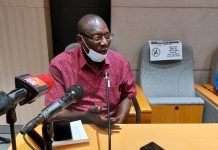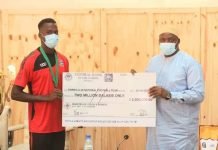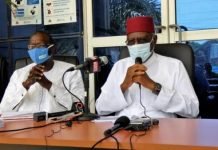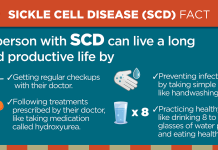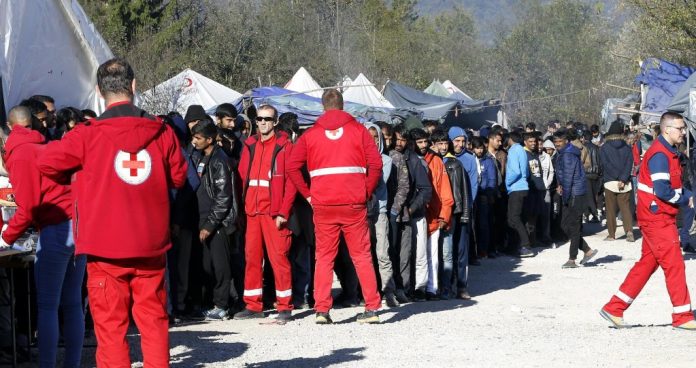
By Malick Nyang
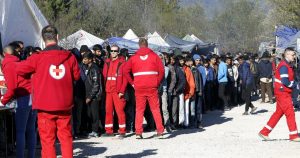
PHOTO: ARCHIVE/EPA/Fehim Demir
Health has become a great concern to migrants and the people living around them, especially those who traveled by irregular means. The irregular migration from Africa to Europe is harrowing and filled with many threats such as smugglers, theft, and risks of exploitation, making the chances of success slim.
Inadequate access to health services and the unfavorable conditions in which many migrants live, and work make them subject to a variety of health risks. And for returnee migrants, reintegration can be as challenging as the journey, especially on their health status.
In The Gambia, many returnees battle with health complications issues such as mental health which often makes them a subject of discrimination by society. These health complications include traumatizing infections and diseases that are usually acquired along the perilous journey and which makes swift reintegration somehow difficult.
What has been done?
Addressing health issues and concerns surrounding the migration process has been a keystone of the work of the International Organization for Migration (IOM) since its inception in 1951. From health assessments to building and strengthening capacities of national health systems, fostering health promotion, and protecting migrants’ right to health, IOM’s migration health response underscores its unique and holistic approach to migration management.
Together with partners, IOM works to ensure migrants’ health needs are addressed across the whole migration cycle – pre-departure, during transit and travel, at the destination, and upon return home.
According to the UN migration agency, between 2014 and 2018 alone, more than 35,000 Gambians arrived in Europe through the irregular route. While many made it to their intended destinations, thousands of others opted for voluntary return due to harsh travel conditions experienced along the way.
At home, condemnation and exclusion is the fate of many who eventually decided to return home in view of the degrading and inhumane conditions experienced on the irregular journey. This unfortunate situation exposed the returnee migrants to abuse, which further impact their mental health and psychosocial well-being.
Because of their different experiences, returnee migrants have a variety of different physical and mental health needs, shaped by experiences in the country, their migration journey, their host country’s entry and integration policies, and living and working conditions.
These experiences can increase the vulnerability of migrants to chronic and infectious diseases.
Common Health Vulnerabilities of Irregular Migrants
Migrants, particularly in an irregular situation, are often excluded from national programmes for health promotion, disease prevention, treatment, and care, as well as from financial protection in health. They also face high user fees, low levels of health literacy, poor cultural competency among health providers, stigma, and inadequate interpreting services.
Barriers are even greater for migrants with disabilities. Women and girls may find difficulty in accessing sexual and gender-based violence protection and response services. Migrant children, especially unaccompanied minors, are more likely to experience traumatic events and stressful situations, such as exploitation and abuse, and may struggle to access healthcare.
Health Promotion and Assistance for Migrants in The Gambia
In an effort to strengthen the psycho-social reintegration of returnees and promote universal access to healthcare in their communities, IOM has launched a mobile health caravan initiative in The Gambia.
IOM staff, community health volunteers, and doctors provide free medical consultations, psycho-social support, and complementary medicine to over 200 community members through the mobile health caravan. Simultaneously, health education sessions on HIV, tuberculosis, depression and other mental health-related disorders are conducted daily.


